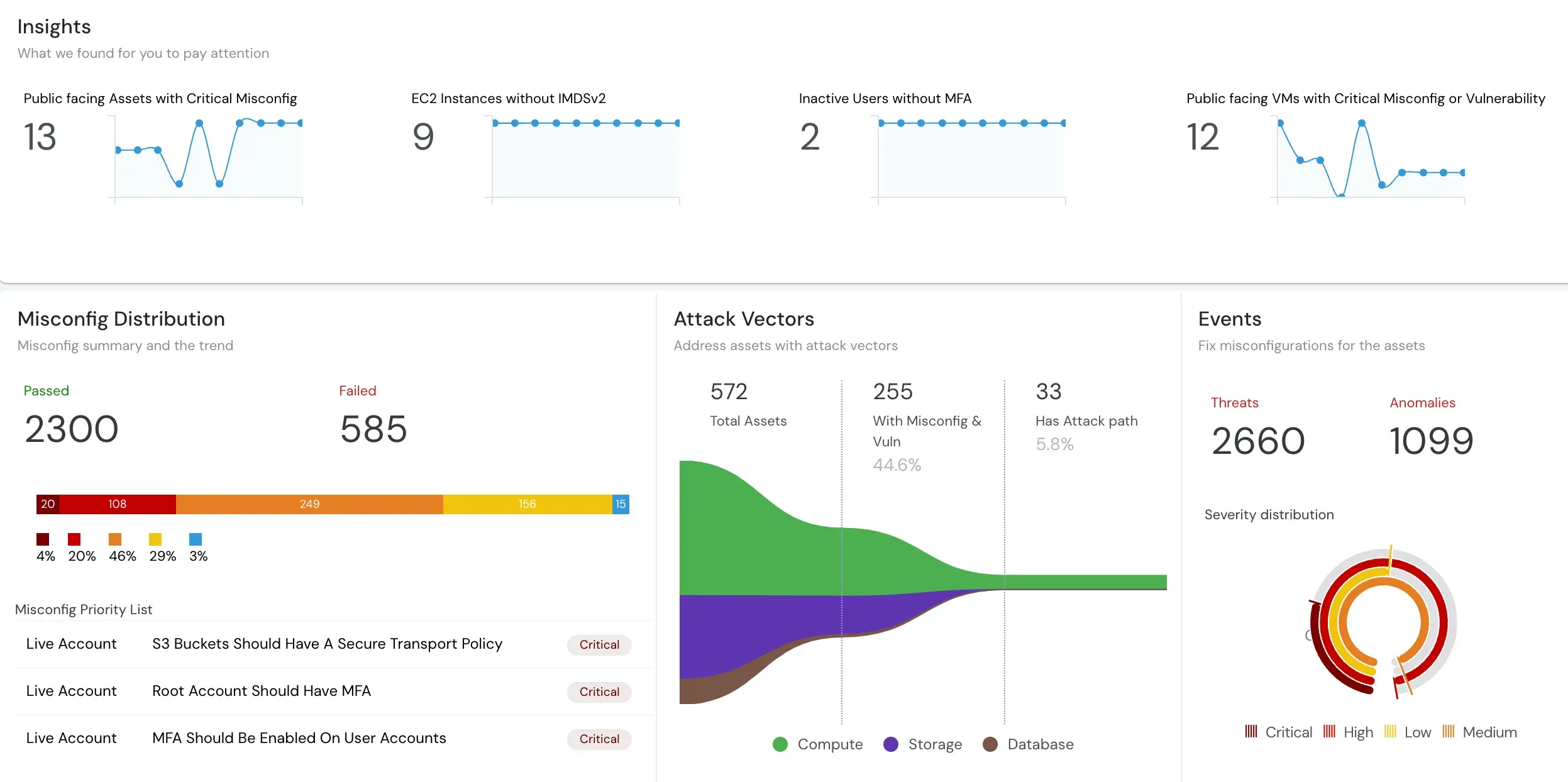Cloudanix
AWS DynamoDB Audit
Amazon DynamoDB tables should be using AWS-managed Customer Master Keys (CMKs) instead of AWS-owned CMKs for Server-Side Encryption (SSE), in order to meet strict encryption compliance and regulatory requirements. DynamoDB supports to switch from AWS-owned CMKs to customer-managed CMKs managed using Amazon Key Management Service (KMS), without any code to encrypt the data.
AWS DynamoDB Tables Should Use KMS CMKs for Encryption
Amazon DynamoDB tables should be using AWS-managed Customer Master Keys (CMKs) instead of AWS-owned CMKs for Server-Side Encryption (SSE), in order to meet strict encryption compliance and regulatory requirements. DynamoDB supports to switch from AWS-owned CMKs to customer-managed CMKs managed using Amazon Key Management Service (KMS), without any code to encrypt the data.
DynamoDB Tables Should Have Autoscaling Enabled
Amazon DynamoDB Auto Scaling feature should be enabled to dynamically adjust provisioned throughput (read and write) capacity for your tables and global secondary indexes. This can make it easier to administer your DynamoDB data, help you maximize your application availability and reduce your DynamoDB costs.
DynomDB Tables Should Have Continuous Backup Enabled
DynamoDB table without backup can result in accidental data loss. Your AWS DynamoDB tables should make use of Point-in-time Recovery (PITR) feature in order to automatically take continuous backups of your DynamoDB data.
VPC Endpoint Should Be Enabled For DynamoDB
A VPC endpoint for DynamoDB enables Amazon EC2 instances in your VPC to use their private IP addresses to access DynamoDB with no exposure to the public internet. Your EC2 instances do not require public IP addresses, and you do not need an internet gateway, a NAT device, or a virtual private gateway in your VPC.
AWS Account Should Not Have Any Unused DynamoDB Tables
Any unused Amazon DynamoDB tables available within your AWS account should be removed to help lower the cost of your monthly AWS bill.
Security for your Code, Cloud and Data
Cloudanix replaces your 5-6 disjointed security tools within 30 minutes.
Get StartedCLOUDANIX
Insights from Cloudanix
Explore guides, checklists, and blogs that simplify cloud security and help you secure your infrastructure.
Case Studies
Real-world success stories where Cloudanix helped organizations secure their cloud infrastructure. Watch how we made a d...

What is CSPM?
Understand what Cloud Security Posture Management (CSPM) is and how it automates security and compliance across cloud en...
CASB, CSPM, SIEM: Cloud Security Essentials
Understand how CASB, CSPM, and SIEM work together to enhance your cloud security posture and ensure better governance.
What is Cloud Audit?
In-depth assessment of cloud environment for security, compliance, and optimization. Identify vulnerabilities, ensure da...
Top 10 Challenges of CSPM
Cloud environments are getting more complex and dynamic day by day, making it difficult to gain complete visibility into...
Cloudanix docs
Cloudanix offers you a single dashboard to secure your workloads. Learn how to set up Cloudanix for your cloud platform ...
Changelog
A complete history of changes, improvements, and fixes for Cloudanix. Subscribe to get notified about the latest updates...
